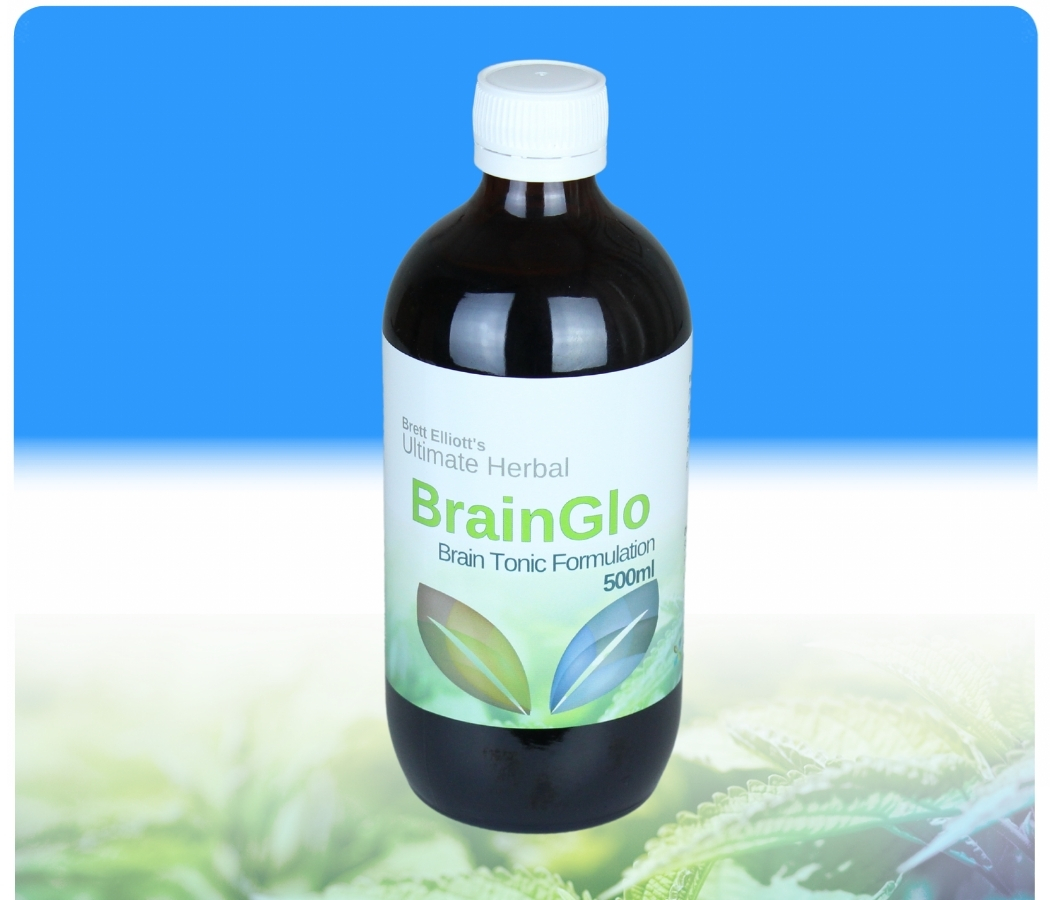- 2 years ago
- 8Minutes
- 1867Words
- 775Views
When you constantly feel tired all the time, it’s easy to say “I’ve got chronic fatigue” but that’s probably not the case.
Many of us suffer from what’s called ‘chronic sleep deprivation’ (3) or ‘burnout’ which can happen when we are under prolonged mental and emotional stress or burn the candle at both ends, running on stimulants like caffeine and sugar.
(1) Myalgic encephalomyelitis/chronic fatigue syndrome. Centers for Disease Control and Prevention https://www.cdc.gov/me-cfs/about/index.html
(2) A Systematic Review of Chronic Fatigue Syndrome: Don’t Assume It’s Depression. https://www.ncbi.nlm.nih.gov/pmc/articles/PMC2292451/
(3) Extent and Health Consequences of Chronic Sleep Loss and Sleep Disorders. PUBMED https://www.ncbi.nlm.nih.gov/books/NBK19961/
(4) The role of BDNF and HPA axis in the neurobiology of burnout syndrome. PUBMED https://pubmed.ncbi.nlm.nih.gov/18541357/
Studies have revealed that emotional exhaustion and depression are significantly associated with burnout, plus low levels of adrenal hormones might contribute to the biology of burnout syndrome and seem to be associated with burnout symptoms including altered mood and cognitive functions. (4)
It makes perfect sense that ongoing stress will trigger prolonged demands on your brain and adrenal glands eventually causing what feels like chronic fatigue, but real chronic fatigue is quite a different story. In saying that you could apply a similar treatment protocol for both ‘burnout’ and ‘chronic fatigue’, which you will find outlined below. So if you’re one of those people who is just feeling burned out read on.

One of the problems people have reported recovering from during our ultimate herbal health program is Chronic Fatigue Syndrome (CFS). So consistent have been the results over the last 20 years that I thought it prudent to give CFS a devoted page. With specific herbs, foods, and other supporting factors, you can find your way back.
This mysterious condition is not easily treatable with conventional pharmaceutical medicines but is an area where herbs excel.
What we will investigate on this page includes:
- The signs and symptoms of Chronic Fatigue;
- The potential causes of Chronic Fatigue;
- Herbs and Foods to help recovery; and
- The Ultimate Chronic Fatigue Program.
The signs and symptoms of Chronic Fatigue
Myalgic encephalomyelitis/chronic fatigue syndrome (CFS) is a disabling and complex illness.
People with ME/CFS are often not able to do their usual activities. At times, CFS may confine them to bed. People with CFS have overwhelming fatigue that is not improved by rest. CFS may get worse after any activity, whether it’s physical or mental. This symptom is known as post-exertional malaise. Other symptoms can include problems with sleep, thinking, concentrating, pain and dizziness. People with CFS may not look ill.
However:
- People with CFS are not able to function the same way they did before they became ill;
- CFS changes people’s ability to do daily tasks, like taking a shower or preparing a meal;
- CFS often makes it hard to keep a job, go to school, and take part in family and social life;
- CFS can last for years and sometimes leads to serious disability; and.
- At least one in four CFS patients is bed or house-bound for long periods during their illness.
Anyone can get CFS. While most common in people between 40 and 60 years old, the illness affects children, adolescents, and adults of all ages. Among adults, women are affected more often than men. Caucasians are diagnosed more than other races and ethnicities. But many people with CFS have not been diagnosed especially among minorities. (1)
Diagnosis of Chronic Fatigue Syndrome
Diagnosis of chronic fatigue syndrome (CFS) can be made only after alternative medical and psychiatric causes of chronic fatiguing illness have been excluded. The following criteria should be used. Unexplained persistent fatigue that is not due to ongoing physical exertion is not substantially relieved by rest, is off the new onset (not lifelong), and results in a significant reduction in levels of activity.
Four or more of the following symptoms are present for six months or more:
- Impaired memory and concentration;
- Post-exertional malaise (extreme prolonged exhaustion and exacerbation of the symptoms following physical or mental exertion);
- Unrefreshing sleep;
- Muscle pain multi-joint pain without swelling or redness;
- Headaches with a new level of severity;
- A sore throat that’s frequent or recurring; or
- Tender cervical or axillary lymph nodes.
At least 1 million Americans have CFS, more than have lung cancer or multiple sclerosis; yet more than 80% go undiagnosed.
The potential causes of Chronic Fatigue
Because CFS is difficult to diagnose, mysterious in its origin, and almost impossible to treat with conventional methods, the causes are also hard to nail down. Studies have found some connections but it could likely be a mixture of these underlying causes behind the symptoms.
The Genetic Link
CFS is sometimes seen in members of the same family but there is no evidence that it is contagious; instead, there may be a familial predisposition or a genetic link. (2)
The Viral Link
Multiple viral agents have been linked to CFS, including the Borna disease virus, parvovirus B19, glandular fever, Enterovirus, human herpes viruses 4, 6, and 7, infectious mononucleosis, Nipah virus encephalitis, and Q fever.
The Hormonal Link
Various studies have shown a link between a low function of the pituitary gland and CFS, which results in low opiate levels (the feel-good hormones).
The Mental Link
CFS in childhood and adolescence is associated with higher levels of parental mental distress, emotional involvement, and family illness burden. (2)
Treatment Plan for Chronic Fatigue
There is very little conventional pharmaceutical treatment available for CFS sufferers leaving the patient with little hope. Anti-depressants are often given which further exacerbate things by adding further toxins to the body.
The strongest areas which can be addressed by herbal medicines are the viral and hormonal links. Herbs are well known to be effective antiviral agents and great for hormonal support and health.
By combining good antiviral and hormonal tonic herbs with a super nutrient-rich plant-based diet there is hope.
I have seen many of my patients recover 100% from CFS by following my two-week Ultimate Herbal Detox or BodiClenz program.
Click Here Now To Buy
The Ultimate Herbal Detox Program
Detox Program
Follow a 14-day Ultimate Herbal DETOX program. This program contains the herbs Golden Seal, Cloves, and Black Walnut which help to control negative bacteria, protozoa, and viruses. Also included are the herbs Barley Grass, Milk Thistle, and Globe Artichoke which are powerful liver protectors. Take the full 480 capsules over 14 days along with the recipes recommended below.
Foods
Use plenty of immune-boosting foods during your program including garlic, onions, chili, mushrooms, and vitamin C-rich fruits like orange and lemon. Try these recipes:
- Curry Thai Pumpkin Soup
- Mushroom Stroganoff
- Tomato Leek and Onion Soup
- Sweet and Sour Chinese
- Carrot, ginger, and turmeric smoothie
- Kale and lemon smoothie
BrainGlo Liquid Tonic
This combination helps support the brain function and contains herbs which are called adaptogens, which help the central nervous and endocrine systems, brain and adrenals adapt to stress long term. Essentially they improve your resilience.
Ingredients
It contains a blend of the following herbal extracts in a base of pure New Zealand bush honey.
Click the names to read more about each ingredient.
- NZ Bush Honey
- Licorice – Great for energy, stamina, and blood sugar balance.
- Bacopa – Administration of BM appears to nourish rather than deplete neurons, an action compatible with 1400 years of Ayurvedic study.
- Ginkgo Biloba – Inhibits platelet aggregation (anti-PAF) to reduce blood viscosity, and improves circulation.
- Gotu Kola – Studies have shown Gotu Kola to re-vitalize the brain and nervous system, increase attention span and concentration, and combat aging.
- St John’s wort – Helps to keep serotonin available in neuron synapses (spaces between nerve endings) of the brain. Take professional guidance if using migraine drugs. St John’s wort protects the liver, nourishes, repairs, and calms the entire nervous system, and relieves pain.
- Bilberry – Blueberry intake has been shown to increase brain activity, memory, and learning and to decrease age-related cognitive decline. Cognitive performance in elderly adults improved after 12 wk of daily intake of blueberry.
- Turmeric – Strong anti-inflammatory, digestive, and liver support, blood thinning.
- Feverfew – Grow feverfew in the garden and chew on a few leaves when you experience a migraine aura. It is thought to work by inhibiting the generation and release of pro-inflammatory prostaglandins. Feverfew has also been shown to inhibit serotonin release from platelets, aiding blood vessel tone and constriction. This is a very bitter herb that promotes digestive secretions for improved food assimilation. Feverfew can also be taken prophylactically (as a preventative) – consume 2 to 3 leaves every day to reduce the frequency of migraines.
- Saffron – The active components in saffron protect neurons in the brain and increase the concentration of neurotransmitters in the synapses, thus enhancing cognitive function.
- Ginger – Another plant that improves blood circulation; inhibits thromboxane and other prostaglandins. Relieves inflammation, nausea, and vomiting.
Avoid Contaminants
Go organic and avoid chemical contamination in your home and workplace. This includes sprays, cleaning chemicals, deodorants, make-up, and other artificial substances.
Mental Energy
The power of the mind can not be underestimated and your ability to access energy and healing is massive when this is tapped into. I suggest learning a method of meditation and learning to work with your energy directly with yoga or a similar type of energy work. Check out my Unconditional Energy Healing Method here
Follow up
Maybe follow a second program over 30 days if you feel the need. Follow this entire plan again in six months’ time and again one year later to be certain you are clear of the problem long-term.
I hope this has been helpful and if you would like to share your Chronic Fatigue success story please post a comment below this article.
Many Blessings
Brett Elliott ®
Check out this testimony from a Chronic Fatigue Sufferer







